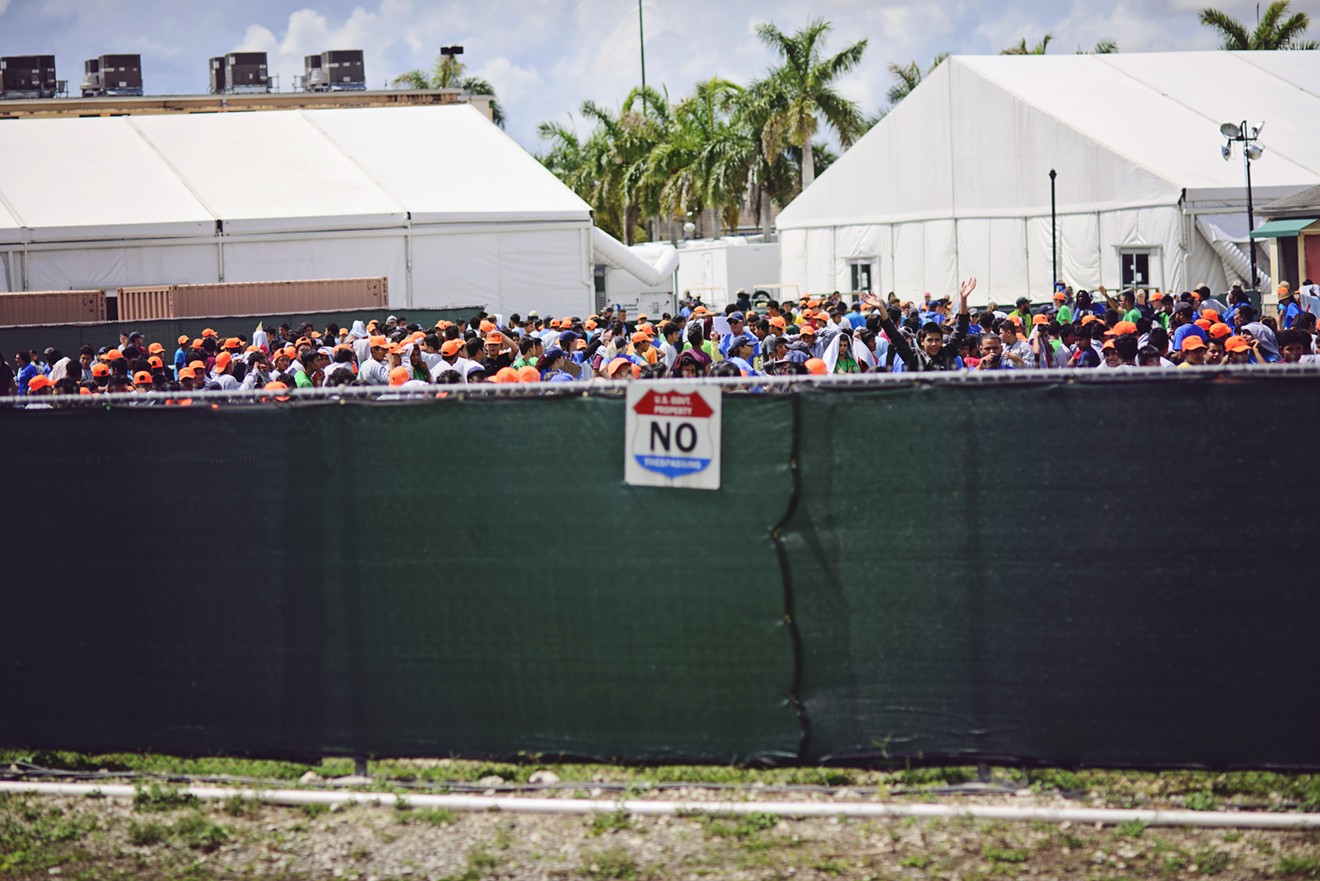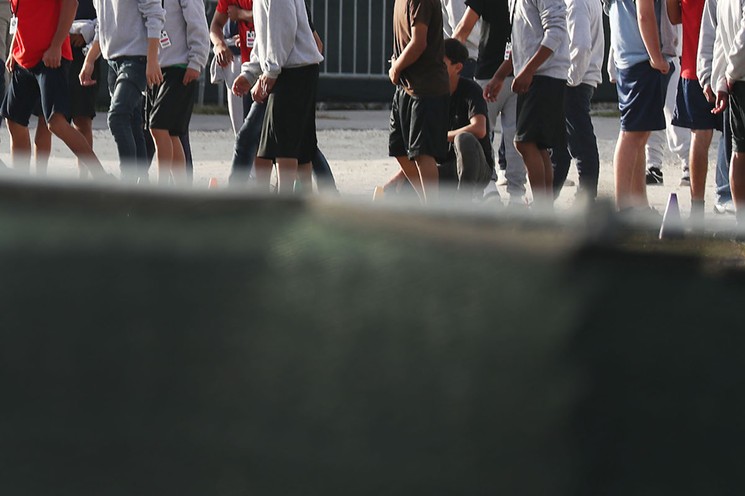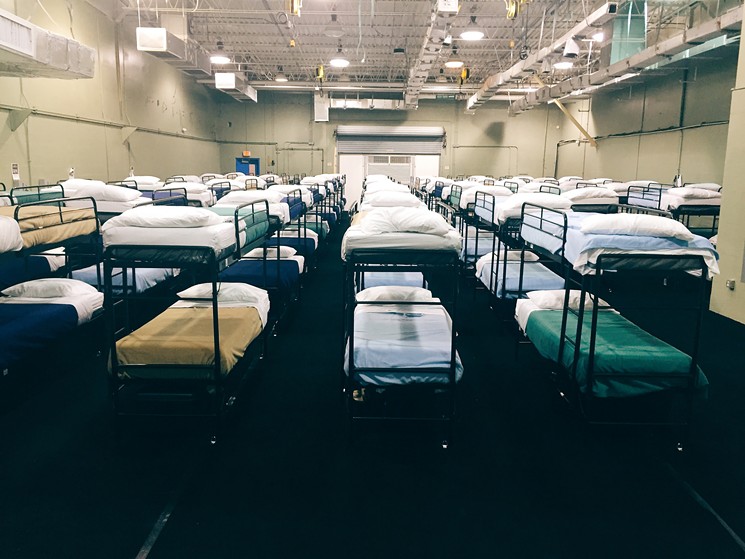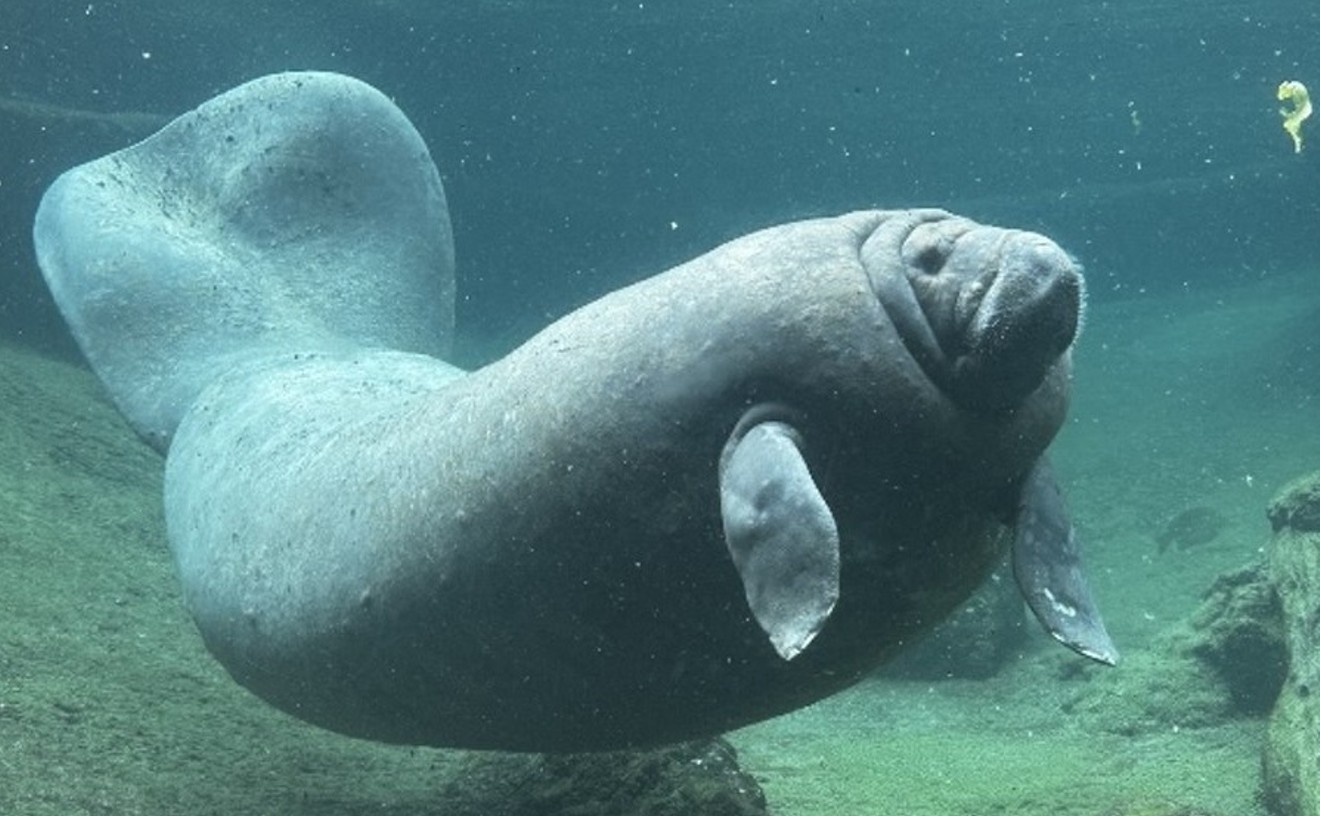When it reopened in March 2018, the detention center became a monument of Donald Trump's child-separation and zero-tolerance immigration policies. Kids reported crying themselves to sleep and even self-harming at the Homestead shelter. They were not allowed to hug or comfort one another. Some reported being sexually abused by staff. Human-rights advocates and lawmakers worked to get the facility shut down, and it did in October 2019.
But under President Joe Biden's new administration, the facility is set to reopen, as the Miami Herald first reported this week. Advocates say the move is disappointing and that kids don't belong in the detention center, which is now called the Biscayne Influx Care Facility. Immigrant-rights groups say that while Biden ran as a pro-immigrant president, his administration's actions on child detention prove otherwise. They're urging Biden to reconsider opening the facility and reminding the administration of the various human-rights abuses children have suffered there.
As a refresher, here are five of the biggest controversies that surrounded the Homestead child detention center.
Reports of sexual abuse at the facility preceded Trump's administration. Migrants in U.S. detention reported more than 4,500 cases of sexual abuse between October 2014 and July 2018. Before the Homestead site reopened in 2018, the federal government was aware of at least five prior allegations of sexual abuse there, according to U.S. Department of Health and Human Services documents. The documents showed five reports of sexual abuse at the Homestead facility from August 2016 through April 2017. And when the facility reopened in March 2018, at least two more children reported being sexually assaulted there.
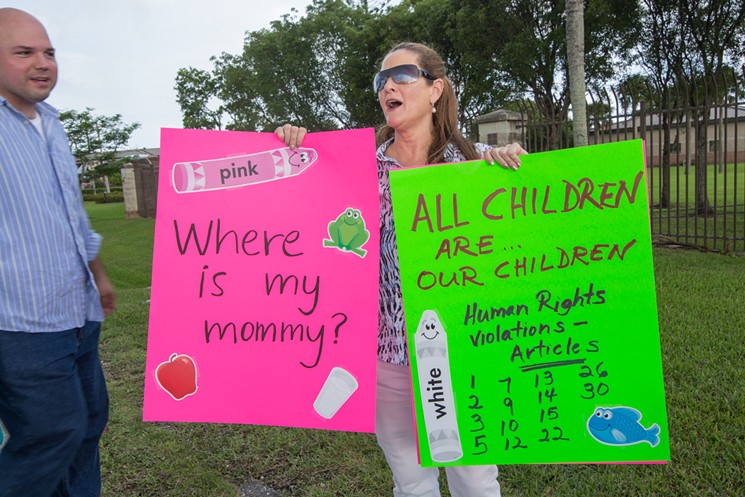
Activists rally in Homestead to show their concern for children being held in facilities, separate from their immigrant families.
Photo by Monica McGivern
Children feared they would never be free to see their parents again. The U.S. government wanted people to believe the Homestead center was a humane, safe, and healthy place for unaccompanied migrant children. A Washington D.C.-based lobbying firm went as far as to suggest that the government make promotional videos to paint the facility in a better light.
But in hundreds of pages of federal court records filed in 2019, the children told their own stories. Teenage girls were forced to care for parentless babies. Children were not allowed to hug, shake hands, or console each other. They cried themselves to sleep. Guards yelled at them to remain quiet, told them they weren't wanted in the United States, and confiscated friendship bracelets they made one another. Some kids cried inconsolably when they learned their parents had been deported.
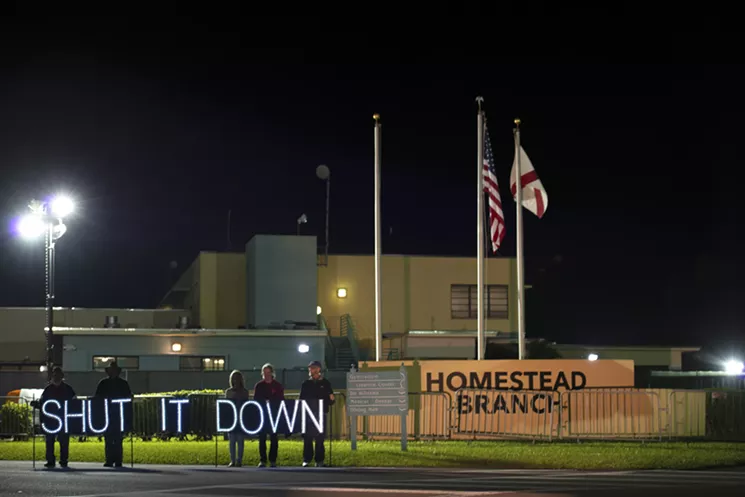
Activists with the group Witness: Tornillo. Target: Homestead protest outside the Temporary Shelter for Unaccompanied Children.
Photo by Carrie Feit
At one point, an advertisement for a job at the detention center said workers were required to be able to physically restrain a child. In April 2019, advocates for the children in detention noticed a concerning detail in a job advertisement to become a youth care worker at the Homestead facility. Apart from being 21 years old, possessing a high school diploma, passing a background check, and being bilingual, applicants were required to "at all times be physically able to run, jump, lunge, twist, push, pull, apply approved restraint techniques and otherwise manage or coerce the full weight of an infant or adolescent." The listing was eventually taken down, but it raised alarm bells among activist groups because there was so little knowledge about what went on inside the shelter.

